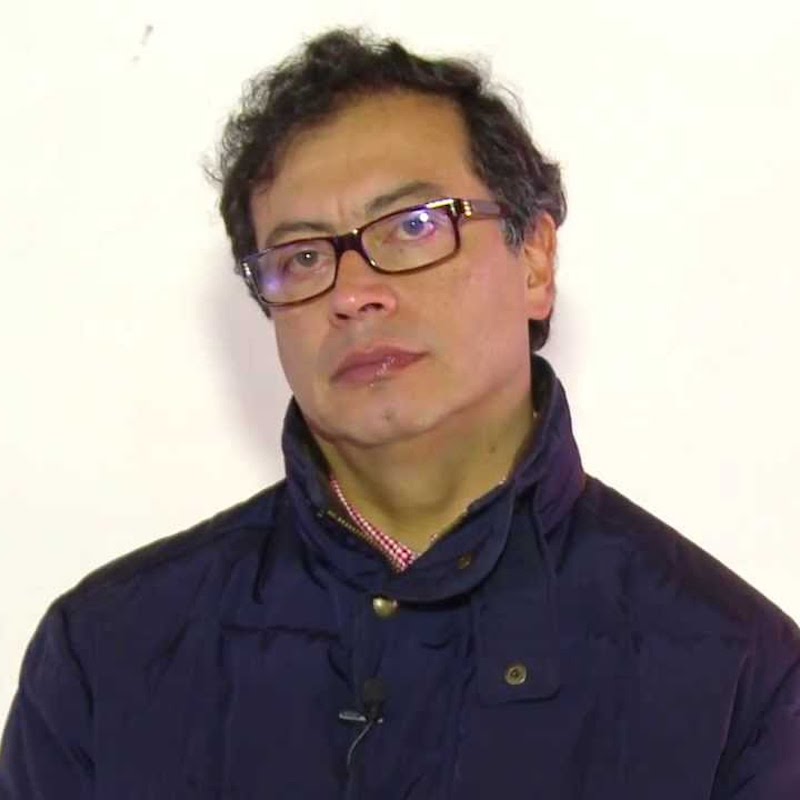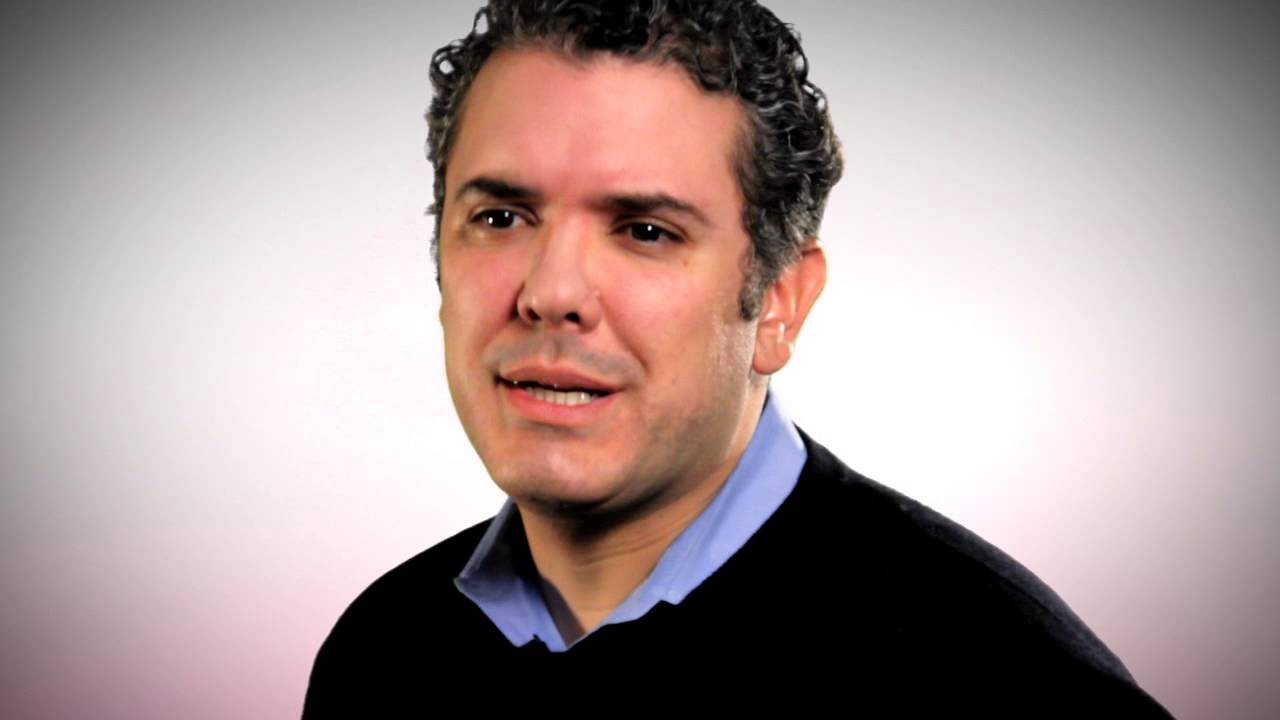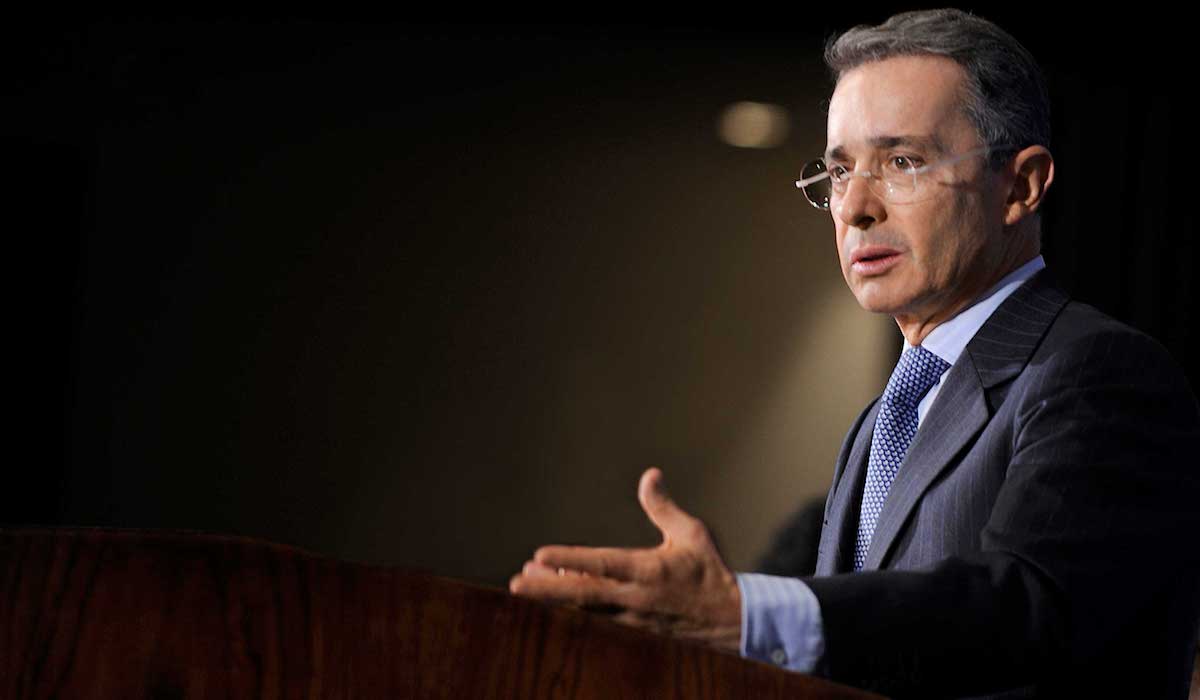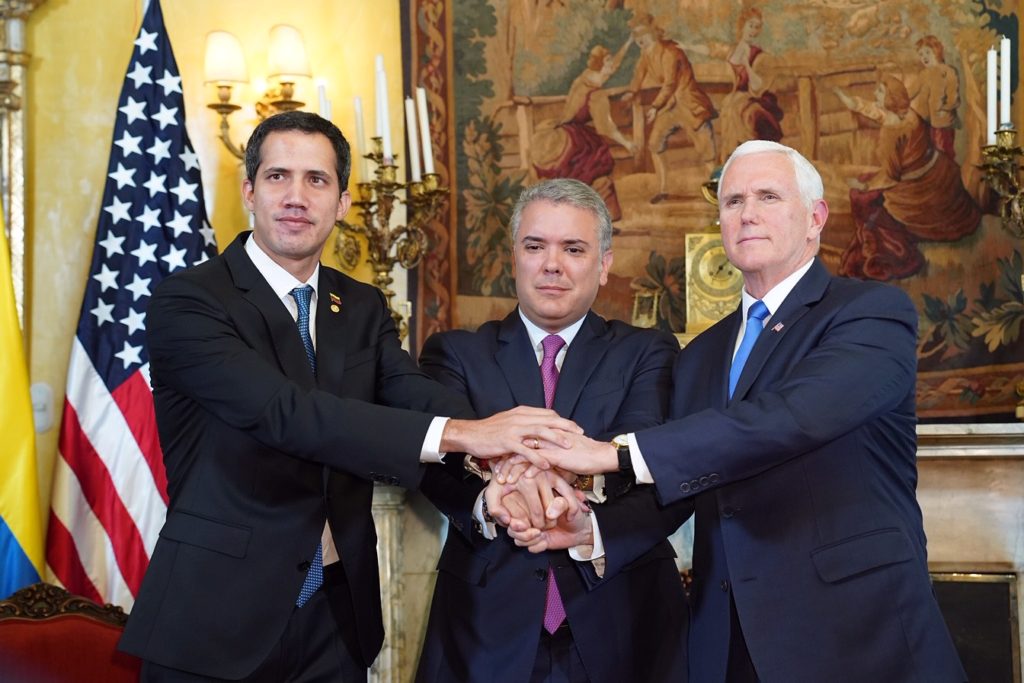On Friday, former M-19 terrorist, ex-convict and former Bogota mayor Gustavo Petro announced his candidacy for Colombia’s presidency in the 2018 elections. However Petro was previously imposed with a fine due to gross negligence regarding public transportation costs during his term of office as mayor of Bogotá. According to the charges, Petro added a “fiscally incapable” debt of 200 billion Colombian pesos (US $6.6 billion dollars) to the city’s obligations.
With those charges still pending, it is unclear if Petro is eligible to run for president under Colombian law.
According to the American Convention on the Human Rights, in its 23rd article with respect to political rights, endorsed as well by “Ley 16” of 1972, a citizen who has been convicted as a result of a criminal process can neither vote nor be elected in popular elections.
Additionally, article 197 of Colombia’s Constitution states that those citizens who 1) have been sentenced to jail at any time by court ruling (except for political offenses and criminal negligence), 4) have lost their investiture as member of congress, or 7) have a double nationality, except for those Colombians with their nationality acquired by birth, do not have the right to be elected as president or vice-president.
Petro also spent 18 months in prison after he was convicted for the illegal possession of arms in 1985.
The issue will continue to be debated, and will likely be litigated in Colombia’s courts during the election season.







